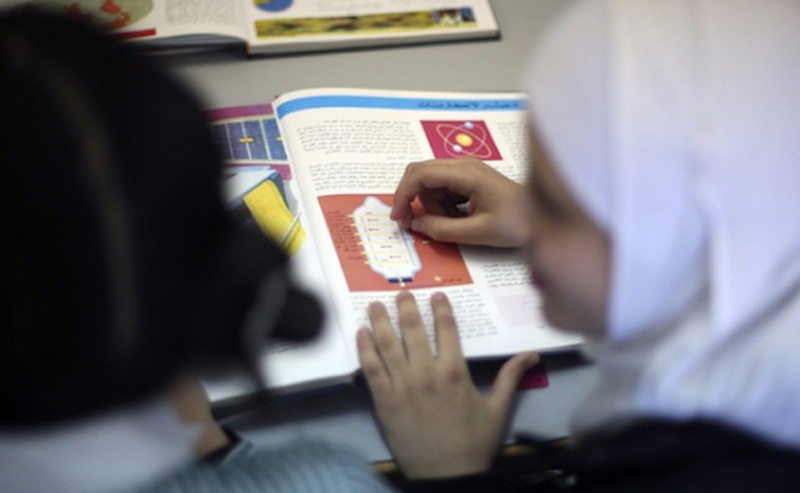Schoolbooks indicate the values a society would wish to instill in the minds of its younger generation. When published by the government – as the case is with the Palestinian Authority (PA), they indicate the latter’s long-run intentions. Hence the importance of schoolbook research in societies in conflict such as the one existing between Israel and the Palestinians.
The Palestinian Authority schoolbooks first appeared between 2000-2006 and once again between 2016-2019. This is summarizing presentation is based on close to 400 schoolbooks published between the years 2013-2019 and over a hundred teachers’ guides mostly published in 2018. These books are used in the PA territories, as well as in Gaza and in most schools in East Jerusalem. They are mandatory in all schools in these areas, including the private ones and those operated by UNRWA.
From the very start, the PA schoolbooks have featured 3 fundamentals as far as the conflict was concerned:
- De-legitimization of both Israel’s existence and the very presence of its six million Jewish citizens in the country, as well as the denial of the existence of Jewish holy places there.
- Demonization of both Israel and the Jews.
- Advocacy of a violent struggle for liberation, instead education to peace and coexistence.
Substantial worsening of this attitude has been traced in the books that started to appear in 2016, both in deepening these fundamentals and in their expansion to scientific and technical school subjects on a larger scale than before.
The teachers’ guides, which I studied in 2019, give a much wider perspective, not only of the said fundamentals, but on the actual indoctrination process, as they reveal a variety of means used in this context.









